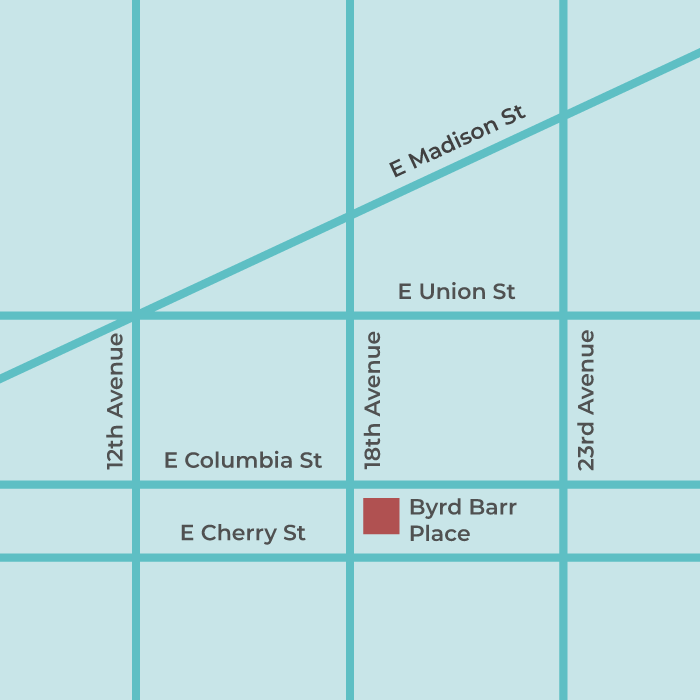Monday, August 25th marks the beginning of Black Breastfeeding Week. This year’s theme is Boots on the Ground: Rooted in Breastfeeding Success, Grounded in Community Support. Started in 2013 by three Black women, Kimberly Allers, Kiddada Green, and Anayah Sangodele-Ayoka, this annual public health campaign is aimed at celebrating Black mothers who breastfeed and educating our community about the importance of breastfeeding.
I am a birth & postpartum doula with 7 years’ experience and dozens of clients under my belt. The truth of the matter is that breastfeeding is hard work. It is also one of the most advantageous things we can do for our children. The benefits of breastfeeding are not only for our children but for breastfeeding parents too!
The benefits of breastfeeding are not only for our children but for breastfeeding parents too!
For babies, breastfeeding provides the best source of nutrition for their rapidly developing brains and bodies, decreasing the risk of sudden infant death syndrome (SIDS) and helping to develop a strong immune system as your baby adjust to a world full of germs. Breastfed babies are less likely to be hospitalized for asthma, develop tooth decay when they’re older, experience ear infections, urinary infections and stomach viruses. Breastfeeding also lowers the risk of obesity and type 1 diabetes.
You’ve likely heard about some of the benefits for children, but did you know that breastfeeding parents have decreased risk of breast cancer, ovarian cancer, type 2 diabetes and high blood pressure? Breastfeeding also reduces the risk of postpartum depression, a critical concern for expecting mothers. On a practical note, breastfeeding aids in weight loss, creates a closer relationship between parent and child and will save you a TON of money. The highest quality baby formulas are usually priced around $50 a can.
I am a big proponent for pumping and including partners in the bonding that is associated with feeding. When mothers solely provide all baby’s food and nourishment, children grow to depend on one parent for all their emotional and physical needs. We can help create a more balanced relationship by pumping and allowing our partners to bottle feed babies with breast milk.
Worried about milk production? There is lactation consultants provided at some hospitals in the Seattle area, such as Swedish, but also great organizations like Open Arms Perinatal, and BLKBRY that have Lactation specialist on staff to assist with clients. I also highly recommend mixing breast milk with your formula of choice if you believe you aren’t producing enough milk for feeding time.
No boobs? No problem. Northwest Mothers Milk Bank provides breast milk from donors across WA & Oregon. The breast milk Is safely collected, tested, and distributed through various sites across the Seattle and Portland areas. This is a great option for adopting parents, or families who have experienced an unexpected maternal loss.
The last point I want to leave you with, breastfeeding for any amount of time is beneficial. If you try it for a few weeks, a few months or well into their second year that is more than enough. Remember when I said breastfeeding is hard work? Don’t be discouraged if you aren’t able to breastfeed for a longer duration than you originally planned to. A great saying in the birth community is “Fed is best.” Meaning, a well-fed baby is above all the best standard, but a little breast milk goes a long way.
By: Jacqueline Hamilton



